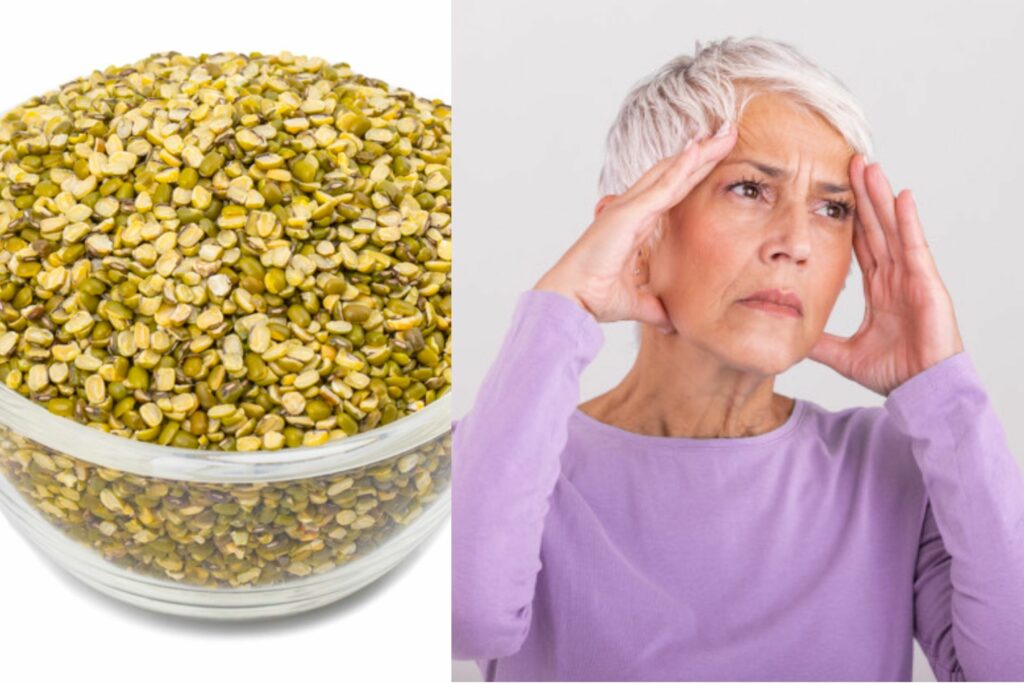Introduction:
Menopause is a natural stage in a woman’s life that marks the end of her reproductive years. It is often accompanied by various symptoms such as hot flashes, night sweats, mood swings, and sleep disturbances. While hormone replacement therapy (HRT) is a common treatment option, some women prefer natural remedies like herbs and supplements. In this comprehensive guide, we will explore eight herbs and supplements that have gained popularity in 2022 for managing menopausal symptoms.
Black Cohosh:
Black cohosh is a herb native to North America that has been used traditionally for menopause symptoms. It is believed to have estrogen-like effects that can help alleviate hot flashes, night sweats, and mood swings. While research on black cohosh is mixed, some studies suggest it may be beneficial in reducing menopausal symptoms. However, it is important to consult with a healthcare professional before starting any herbal supplement.
Red Clover:
Red clover is another popular herb used for menopause symptoms. It contains compounds called isoflavones that mimic estrogen in the body. This may help reduce the frequency and severity of hot flashes and improve overall well-being during menopause. Some studies have shown promising results, but more research is needed to establish its efficacy.
Soy:
Soy products, such as tofu and soy milk, contain natural compounds called phytoestrogens. These plant-based estrogens may have a mild estrogenic effect in the body and help alleviate menopausal symptoms. However, the evidence on soy’s effectiveness is conflicting, and individual responses may vary. It is advisable to choose non-GMO soy products and consume them in moderation.
Flaxseed:
Flaxseed is a rich source of lignans, which are plant compounds with estrogenic properties. Consuming flaxseed regularly may help reduce hot flashes and improve overall hormonal balance during menopause. Flaxseed can be incorporated into the diet by adding it to smoothies, yogurt, or baked goods. It is important to grind flaxseed before consuming to enhance its digestibility and maximize its benefits.
Evening Primrose Oil:
Evening primrose oil is derived from the seeds of the evening primrose plant. It is commonly used to relieve symptoms associated with menopause, such as hot flashes and breast pain. Evening primrose oil contains gamma-linolenic acid (GLA), an essential fatty acid that may help regulate hormonal imbalances. However, more research is needed to determine its effectiveness specifically for menopausal symptoms.
Dong Quai:
Dong quai, also known as “female ginseng,” is a herb widely used in traditional Chinese medicine for women’s health. It is believed to have estrogen-like effects and may help reduce menopausal symptoms such as hot flashes, night sweats, and vaginal dryness. However, scientific evidence on its efficacy is limited, and it should be used with caution, especially for women with certain medical conditions or those taking blood-thinning medications.
Vitex Agnus-Castus:
Vitex agnus-castus, also known as chasteberry, is a fruit commonly used to balance hormones in women. It works by stimulating the release of luteinizing hormone (LH) while inhibiting the release of follicle-stimulating hormone (FSH), leading to a rebalancing of estrogen and progesterone levels. Some women have reported improvement in menopausal symptoms like hot flashes and mood swings with vitex agnus-castus, but further research is required to establish its effectiveness.
St. John’s Wort:
St. John’s wort is an herb often used for its antidepressant properties. During menopause, some women experience mood swings and feelings of depression, and St. John’s wort may offer relief. However, it can interact with other medications, including hormonal contraceptives and antidepressants, so it is important to consult with a healthcare professional before using it.
Conclusion:
Herbs and supplements can be a complementary approach to managing menopausal symptoms. However, it is essential to remember that these remedies are not regulated as strictly as pharmaceutical drugs, and their efficacy and safety profiles may vary. It is advisable to consult with a healthcare professional before incorporating any herbs or supplements into your menopause management plan. They can help you assess potential risks, interactions, and provide personalized recommendations based on your health status and individual needs.

